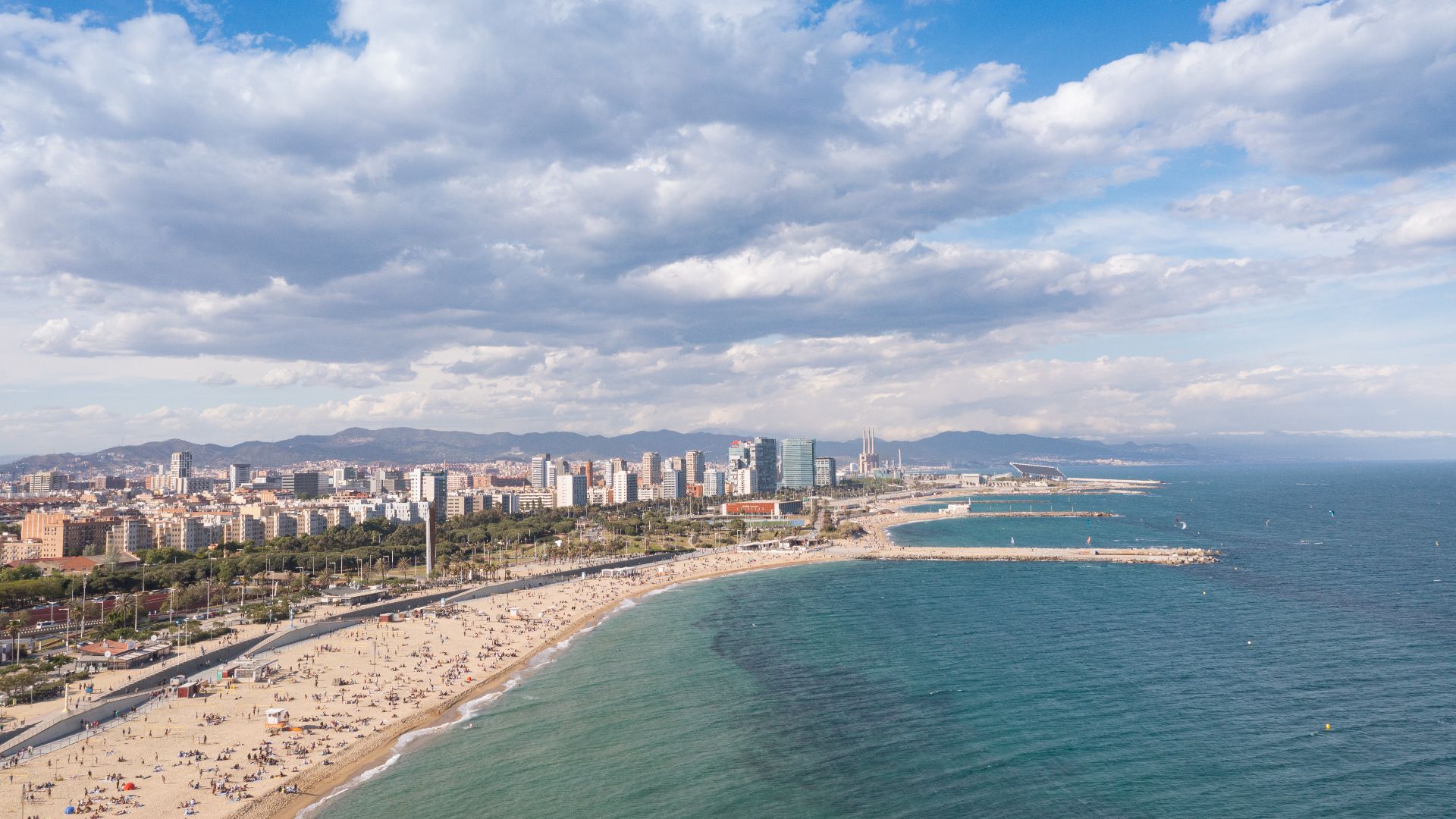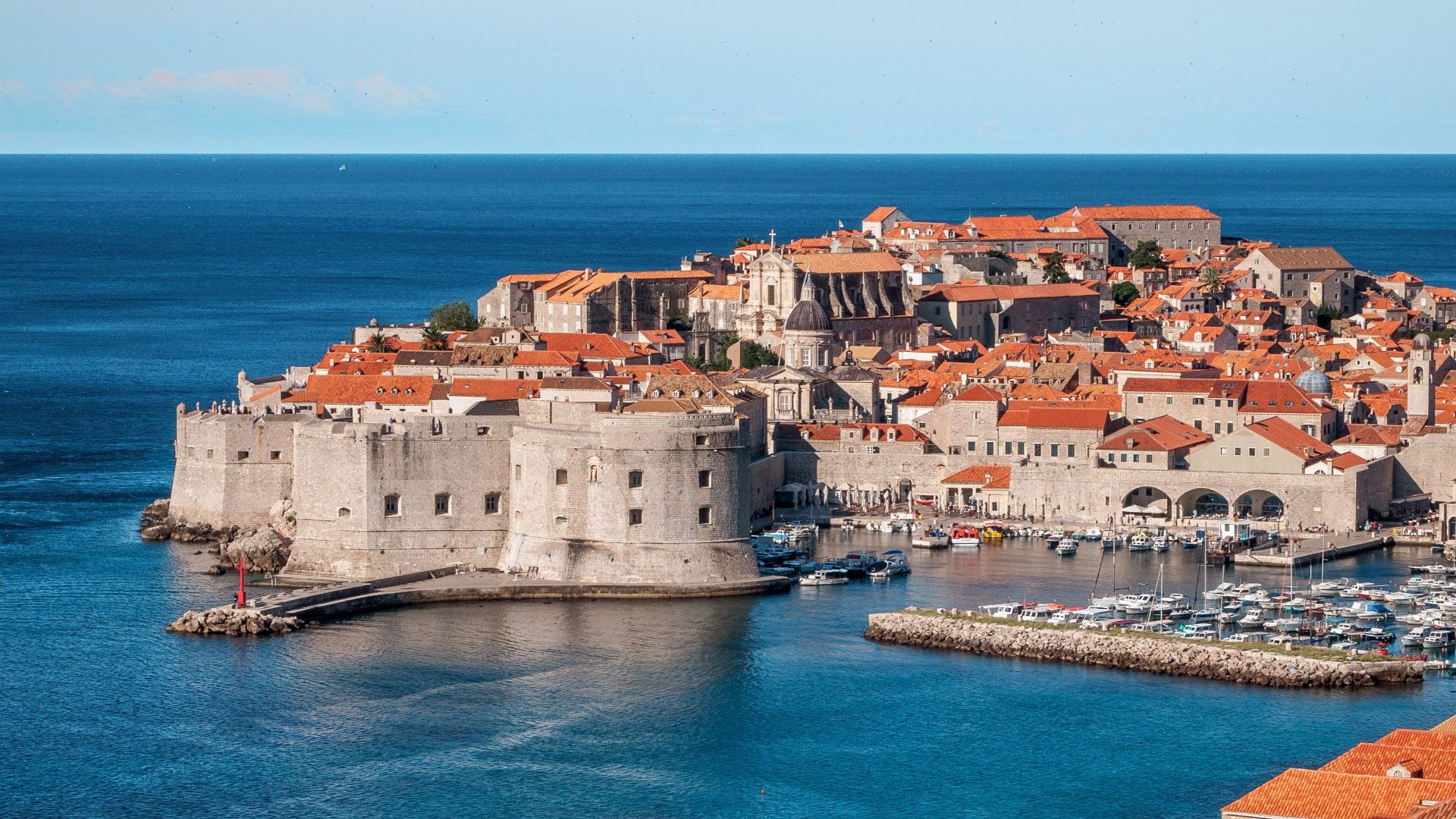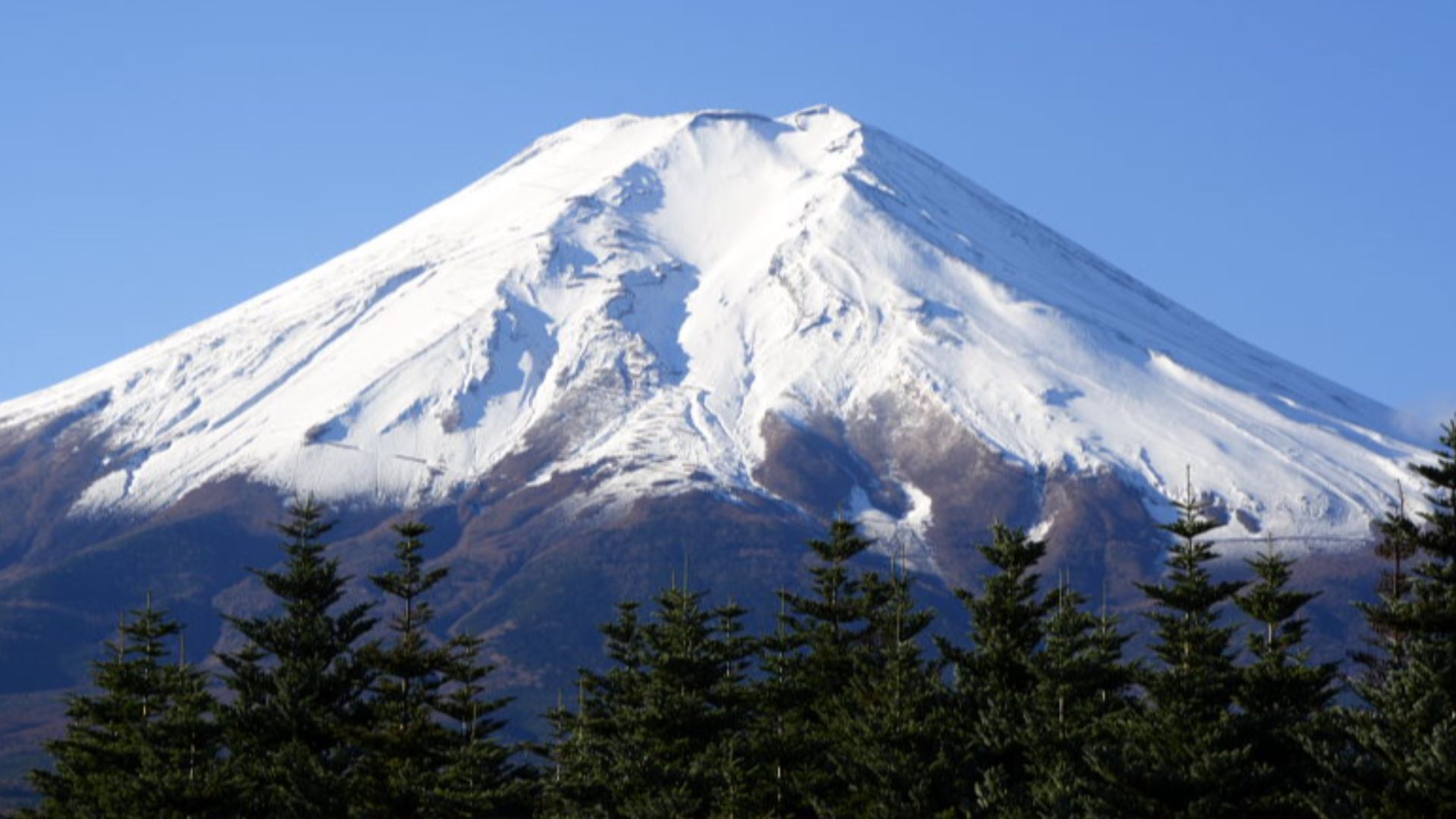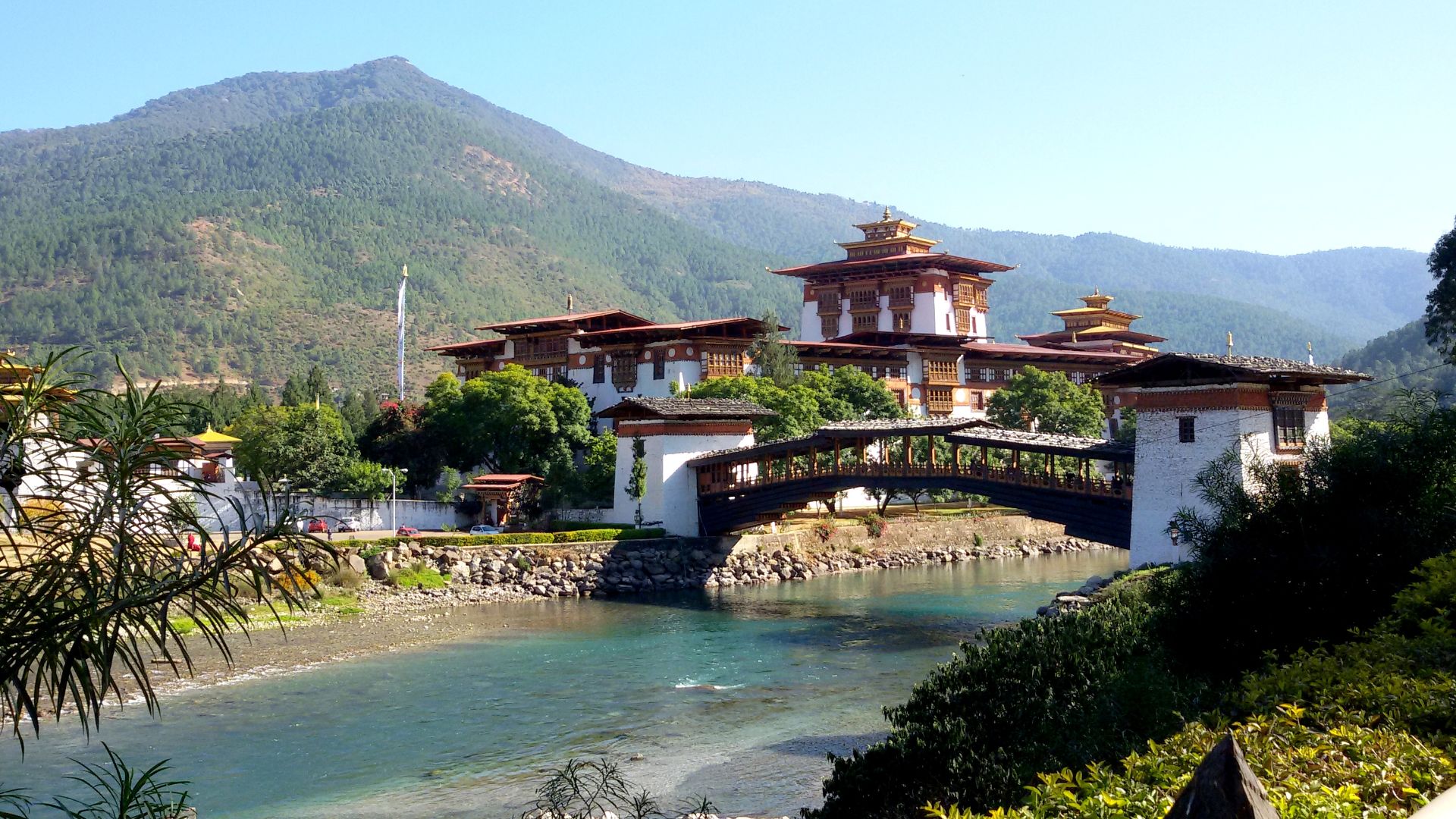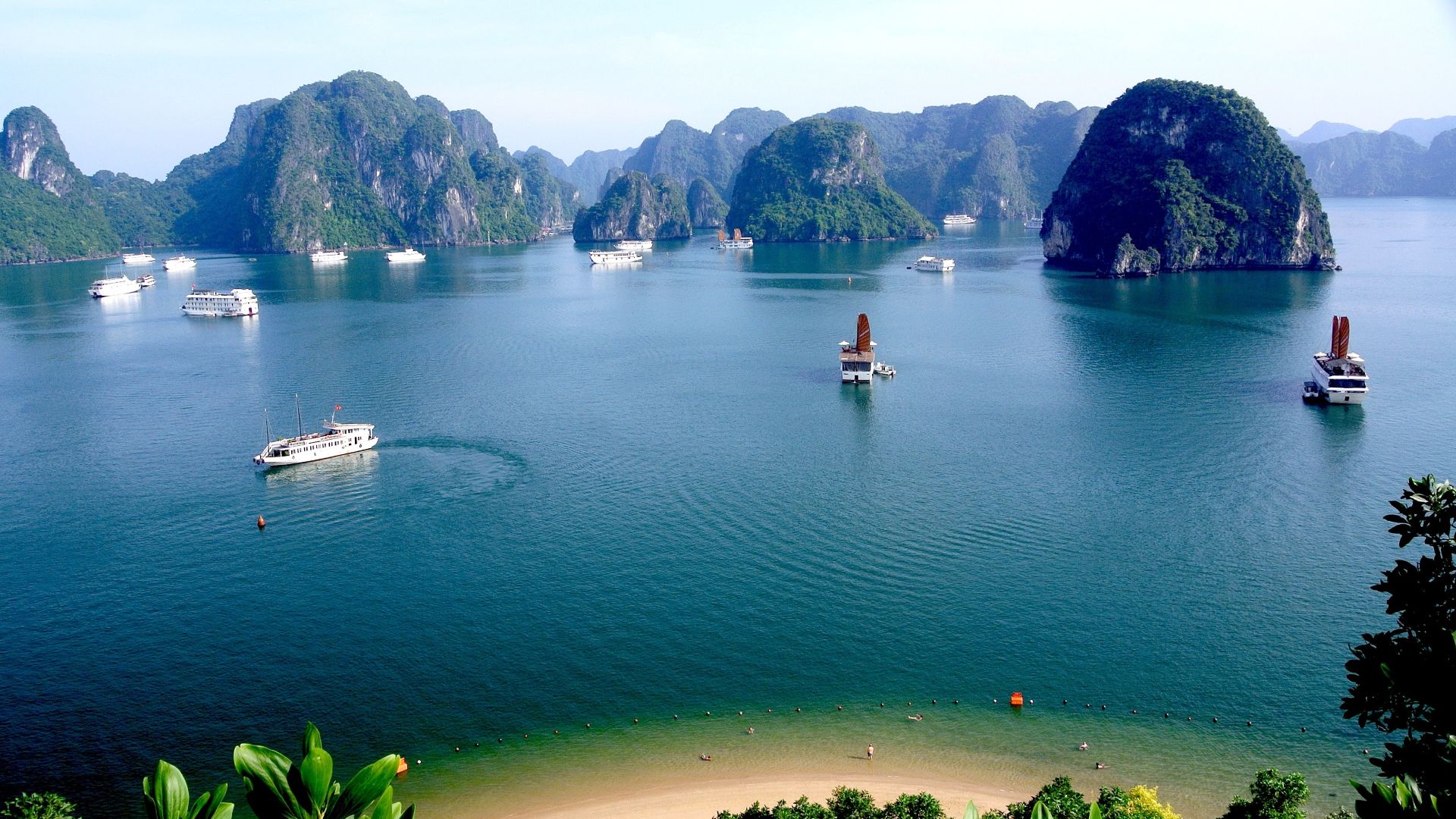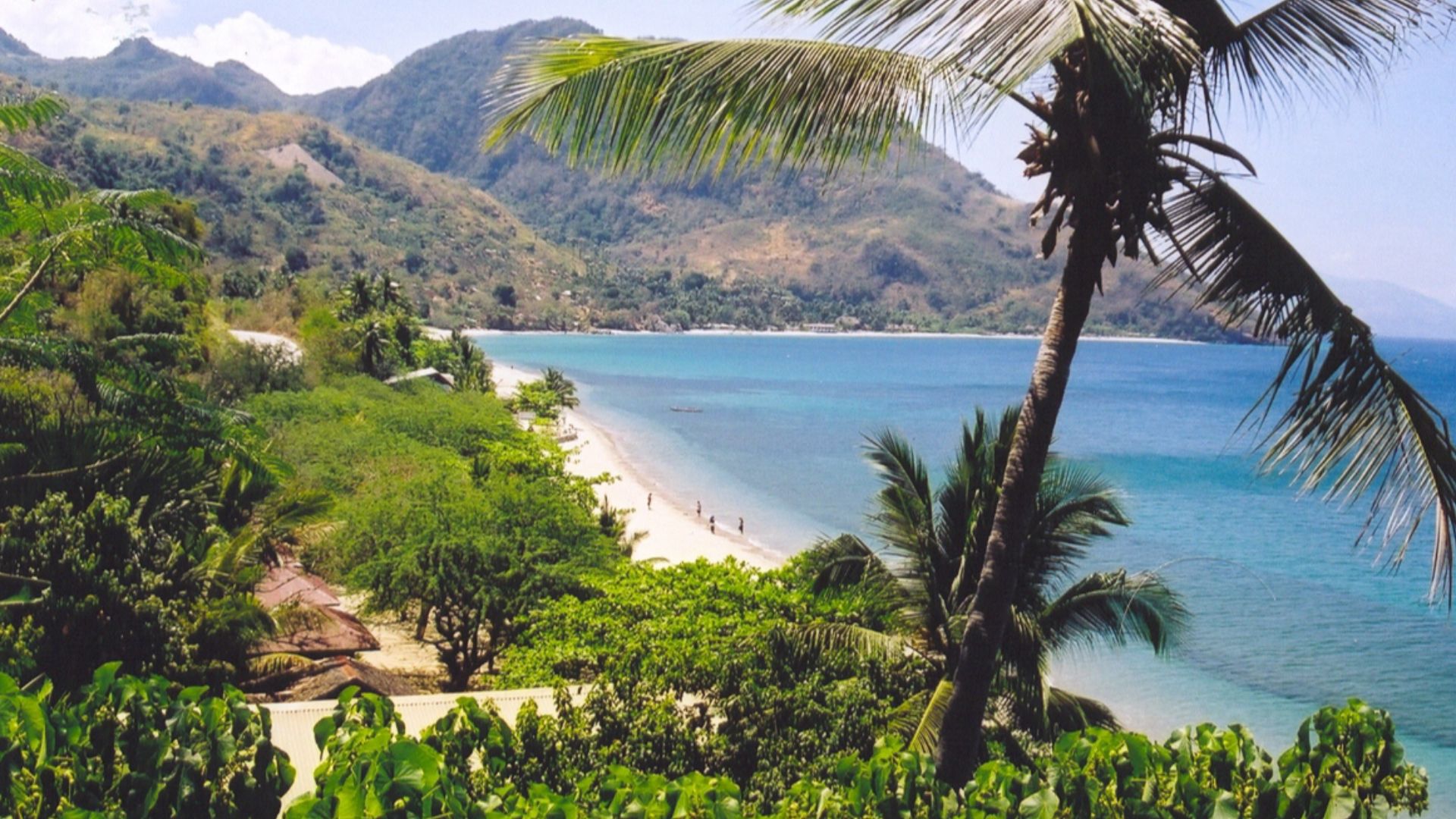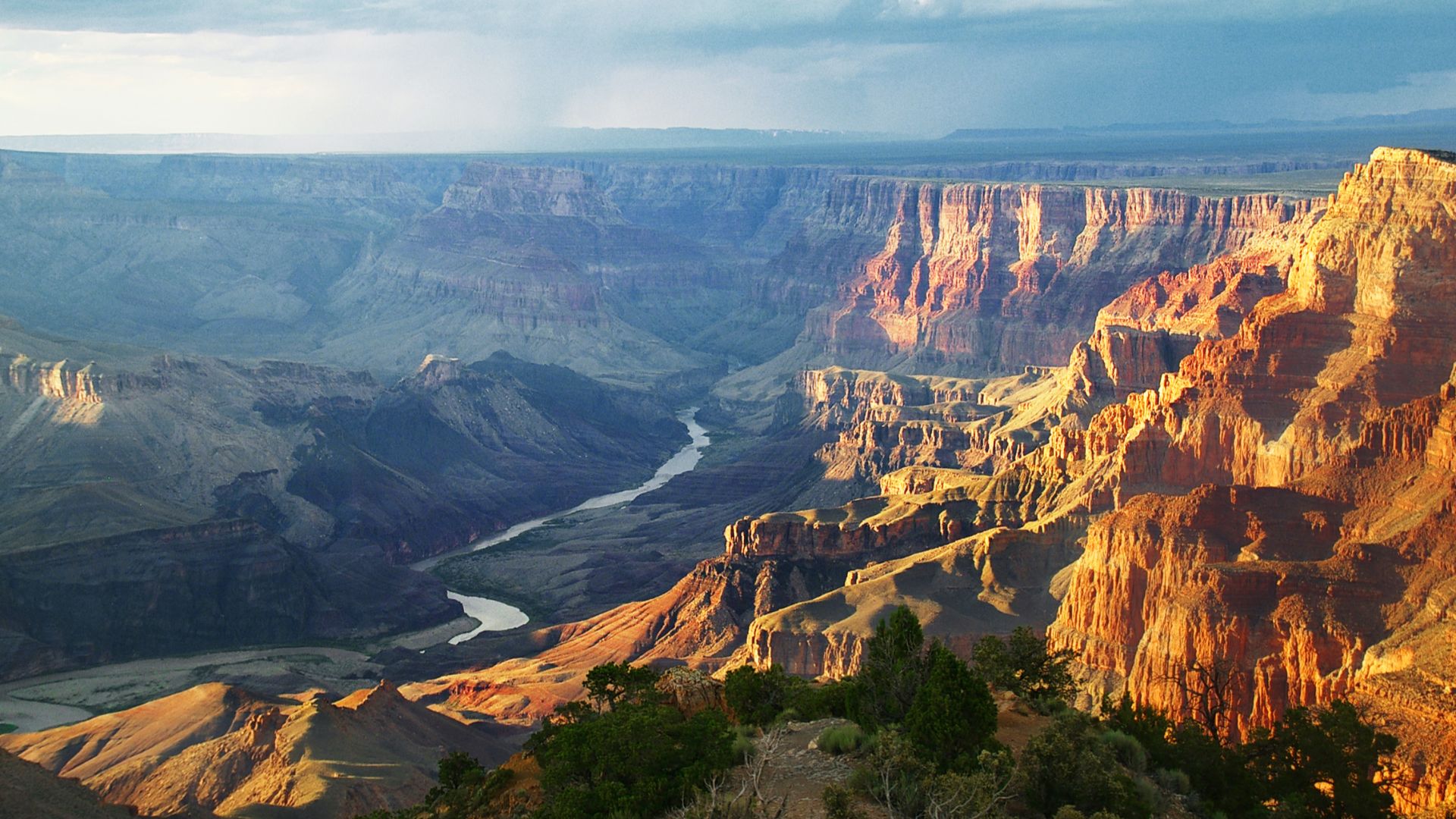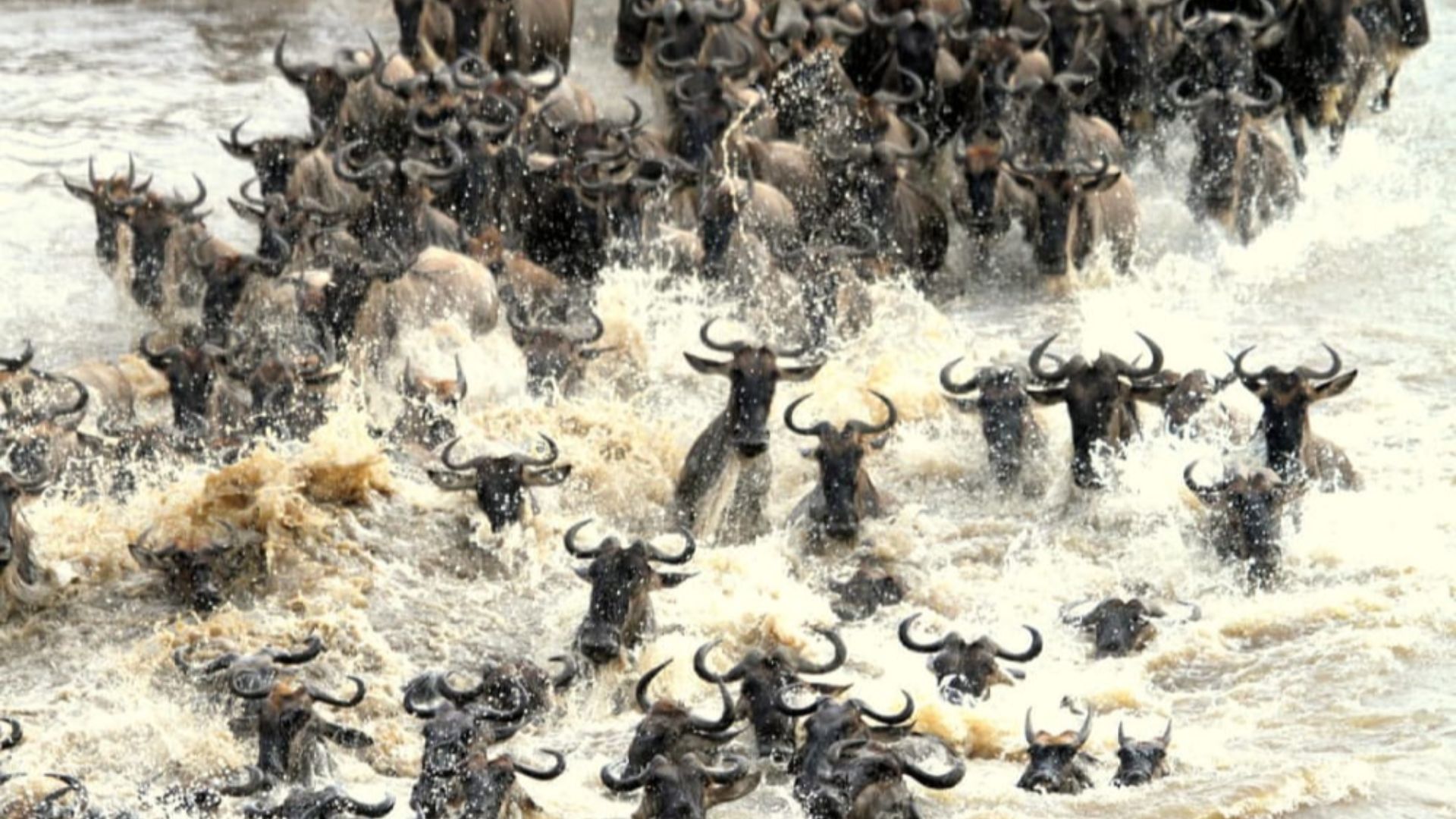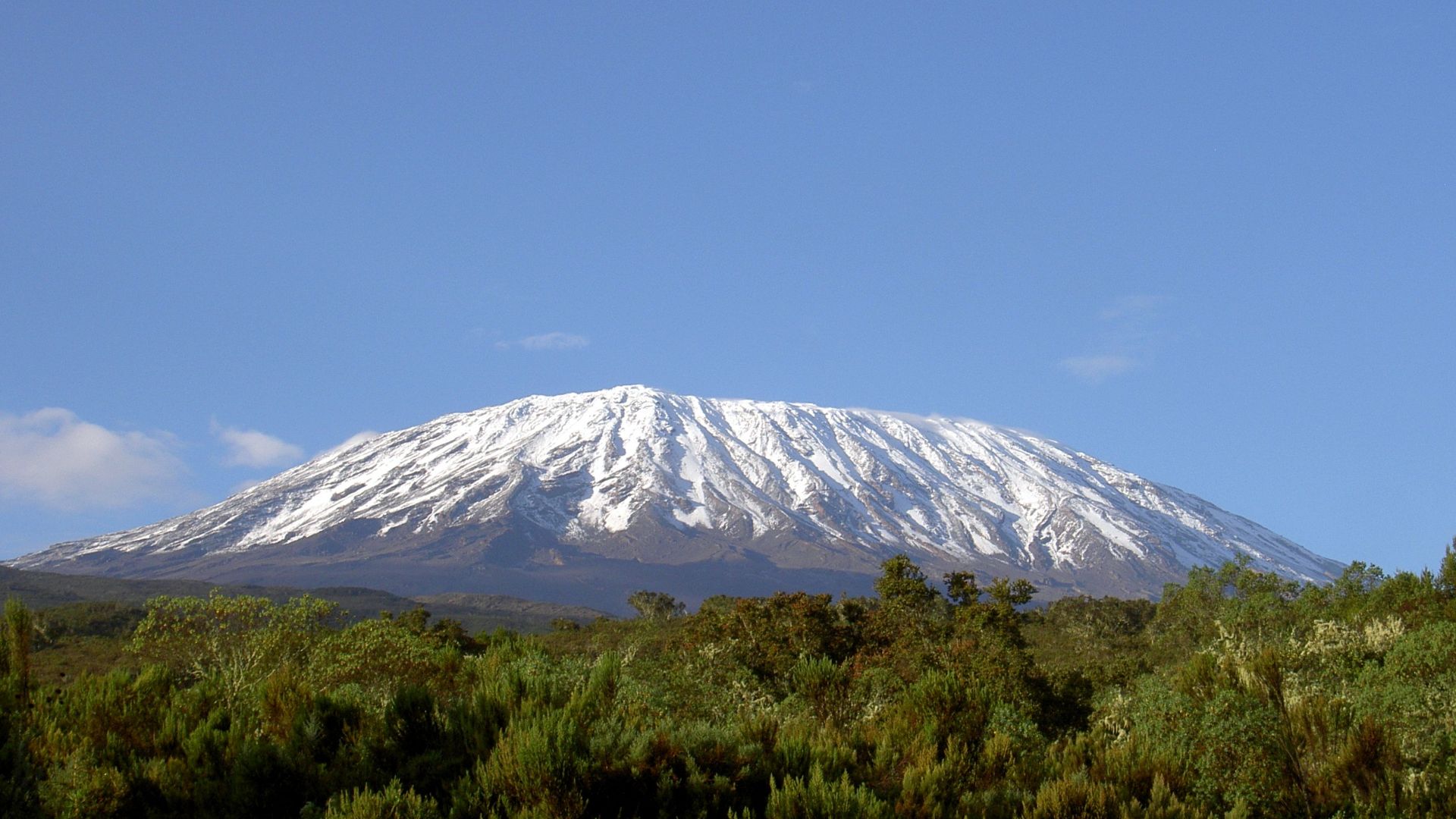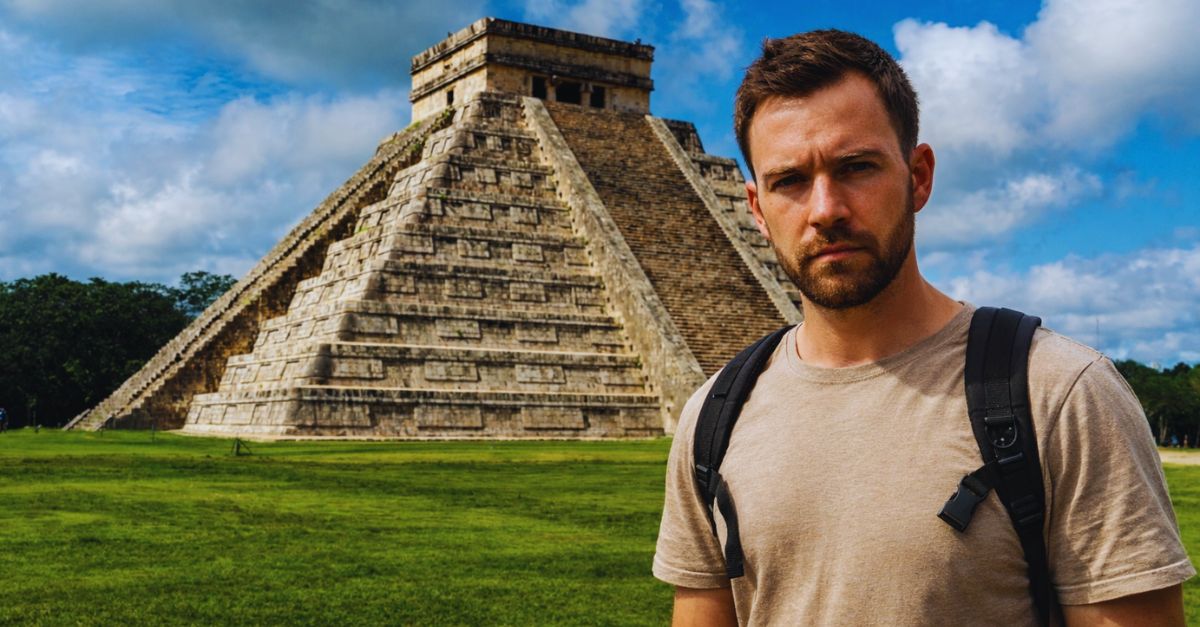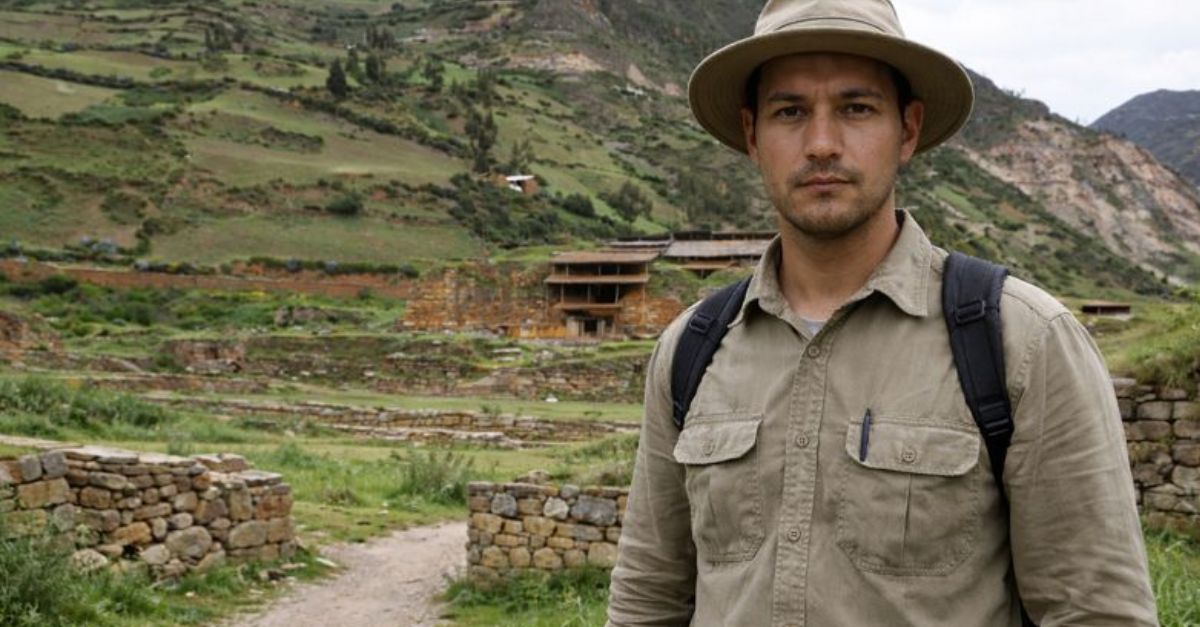Passports Stamped, But Plans May Stall
Imagine booking a trip only to discover the place you’re heading doesn’t really want more visitors right now. That’s the reality unfolding in several destinations.
Italy
Italy's timeless charm and historic treasures have long excited visitors, but this attraction has become a double-edged sword. As iconic destinations like Venice struggle with overtourism, authorities are implementing strict measures, from swimwear bans and hiking footwear requirements to entry fees. The goal? To preserve their cultural heritage.
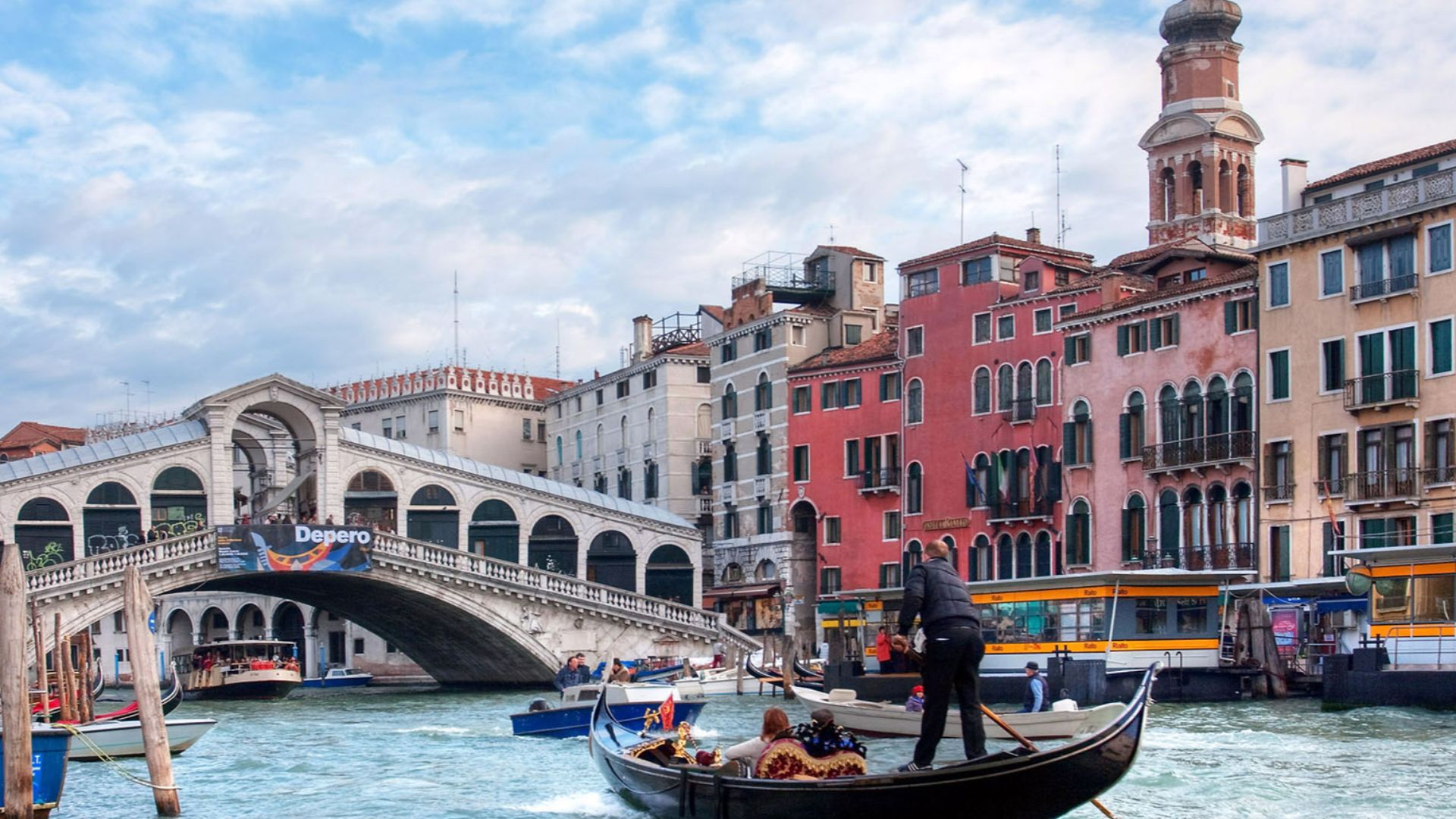 Sergey Ashmarin, Wikimedia Commons
Sergey Ashmarin, Wikimedia Commons
Spain
That carefree stroll from beach to cafe in Barcelona could cost you because swimwear is now strictly beach-only. Spain is tightening its grip on tourism through public drinking bans, higher regional tourist taxes, and tougher personal information rules at check-in.
Greece
While tourists envision carefree days collecting seashells and driving to Greek beaches in beach sandals, the reality brings strict regulations: shell collecting carries penalties. There are more restrictions, such as flip-flops being prohibited while driving, and even cruise ships face limitations as Greece safeguards its Mediterranean islands and ancient heritage.
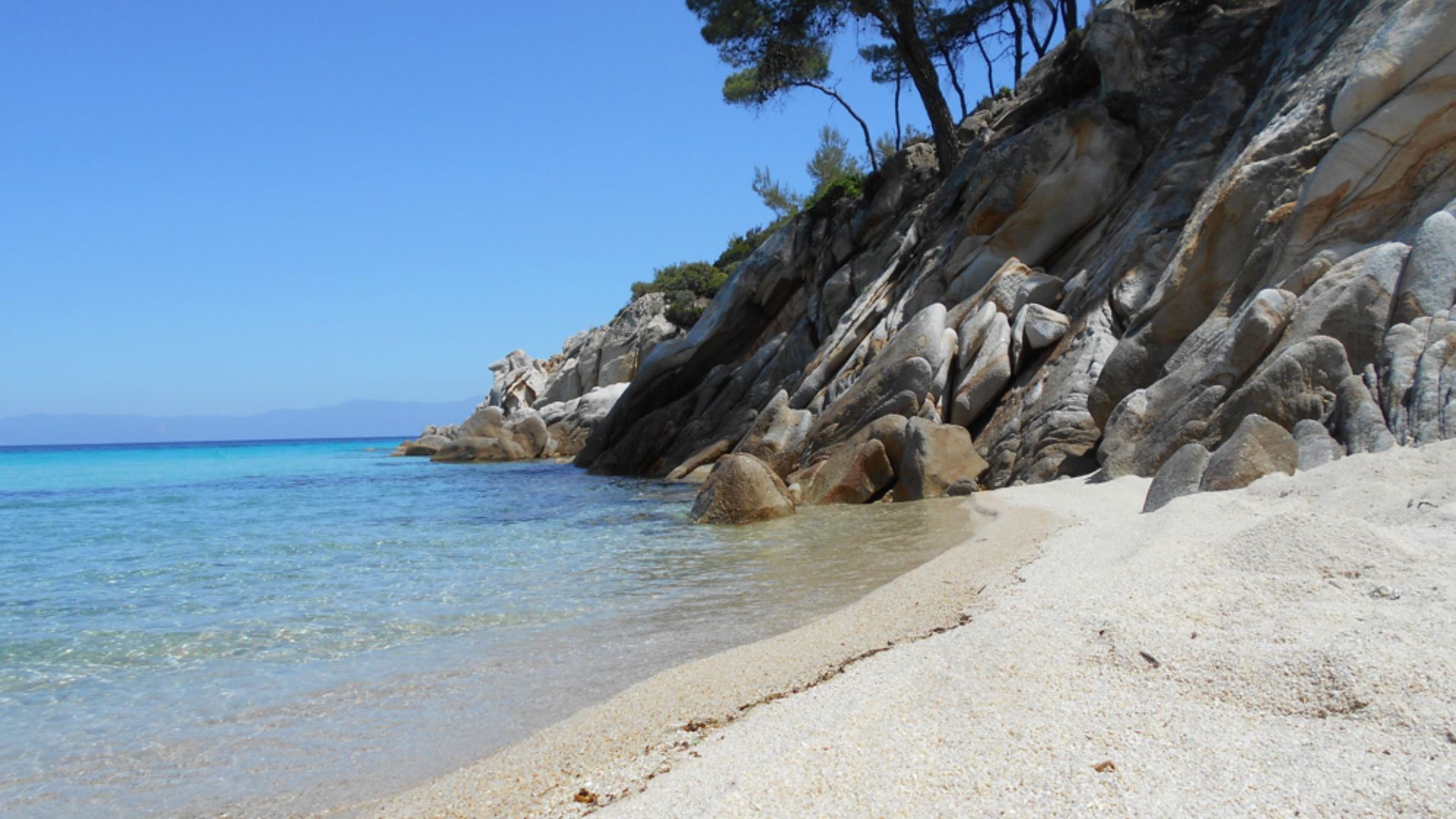 Athina Seitani, Wikimedia Commons
Athina Seitani, Wikimedia Commons
Iceland
As France leads a growing movement against cruise ship tourism, Iceland has eagerly joined the charge, extending its environmental guardianship beyond its famous geothermal springs and volcanic terrain. From restricting sensitive hiking areas to limiting cruise access, this nation, home to the northernmost capital Reykjavik, champions sustainable tourism's future.
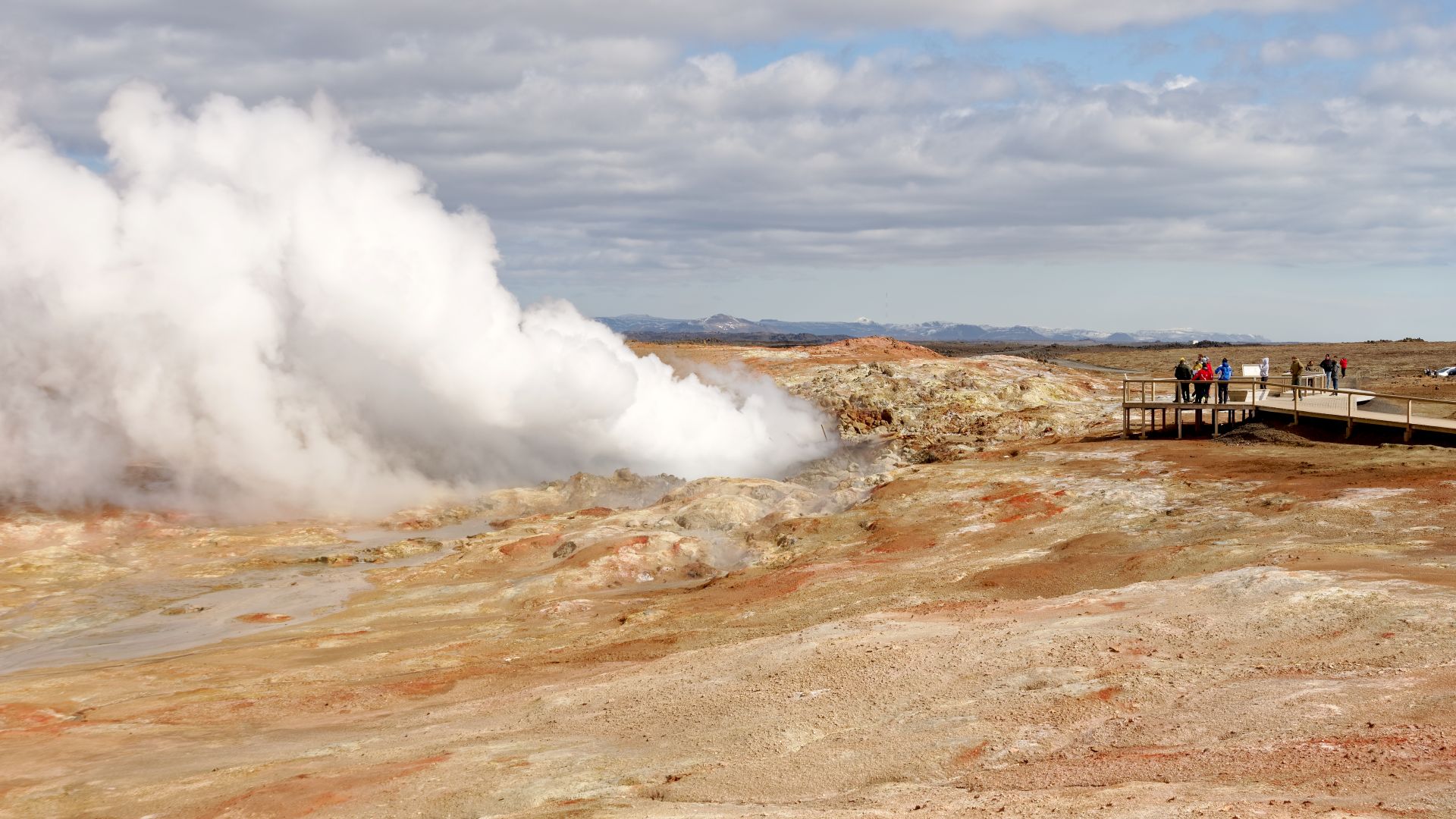 Jakub Hałun, Wikimedia Commons
Jakub Hałun, Wikimedia Commons
Norway
With its iconic fjords and mesmerizing midnight sun drawing ever-increasing crowds to destinations along its coastal and Arctic regions, Norway faces mounting pressure from tourism. The solution? A strategic tourist tax is being introduced in 2026 to safeguard local infrastructure and promote community well-being.
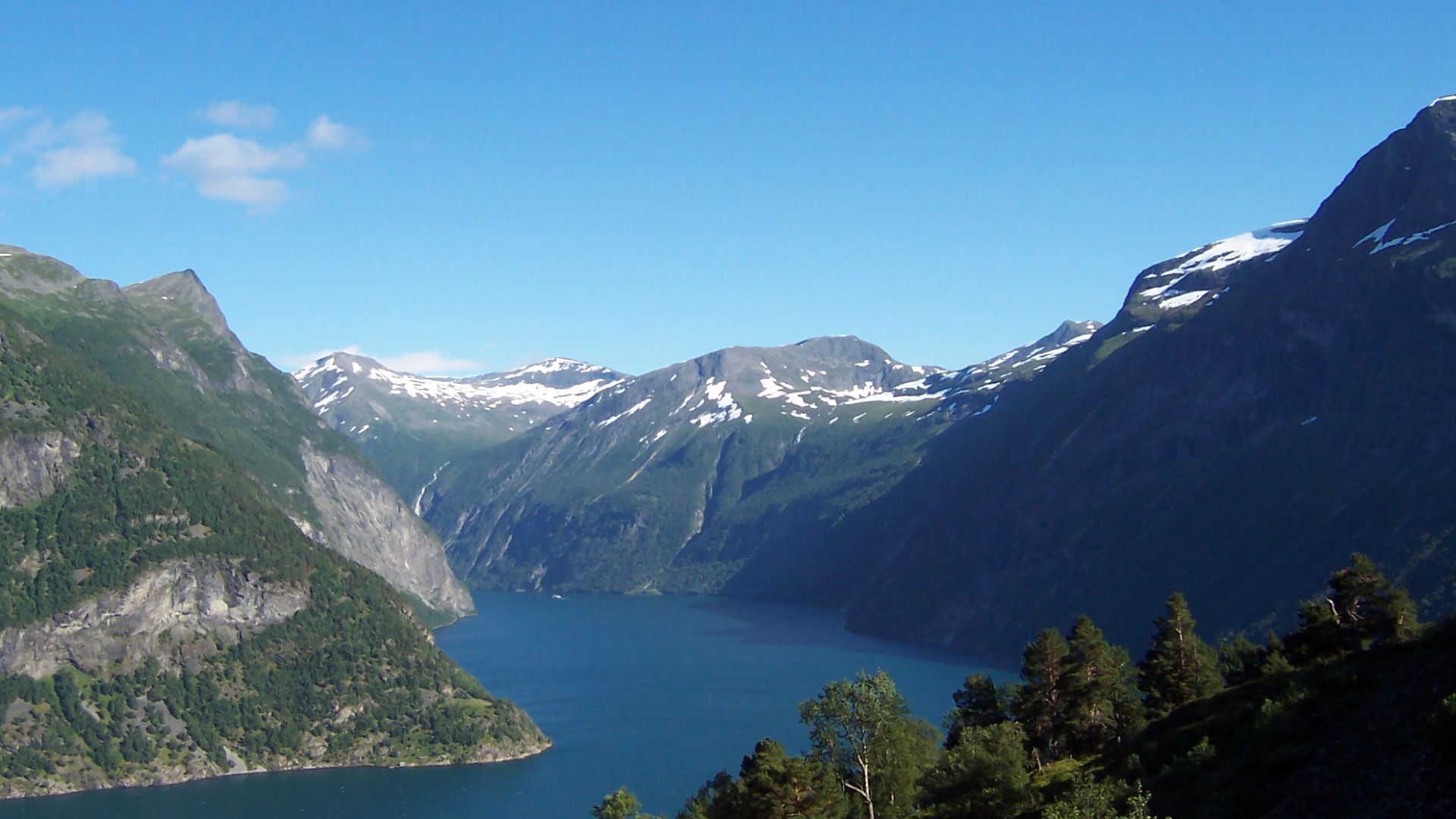 Erik A. Drabløs, Wikimedia Commons
Erik A. Drabløs, Wikimedia Commons
Croatia
Dubrovnik's UNESCO World Heritage status and Game of Thrones fame have sparked Croatia's nationwide push to preserve its cultural essence. The nation now has strict swimwear regulations, new cruise ship limitations, and crowd management at popular destinations.
Slovenia
Although hemmed in by Italy, Austria, Hungary, and Croatia, Slovenia's modest size belies its ambitious environmental goals. This lush nation, home to the stunning Lake Bled, is asserting its leadership through new tourism rules that transform its natural bounty into a model of sustainable exploration.
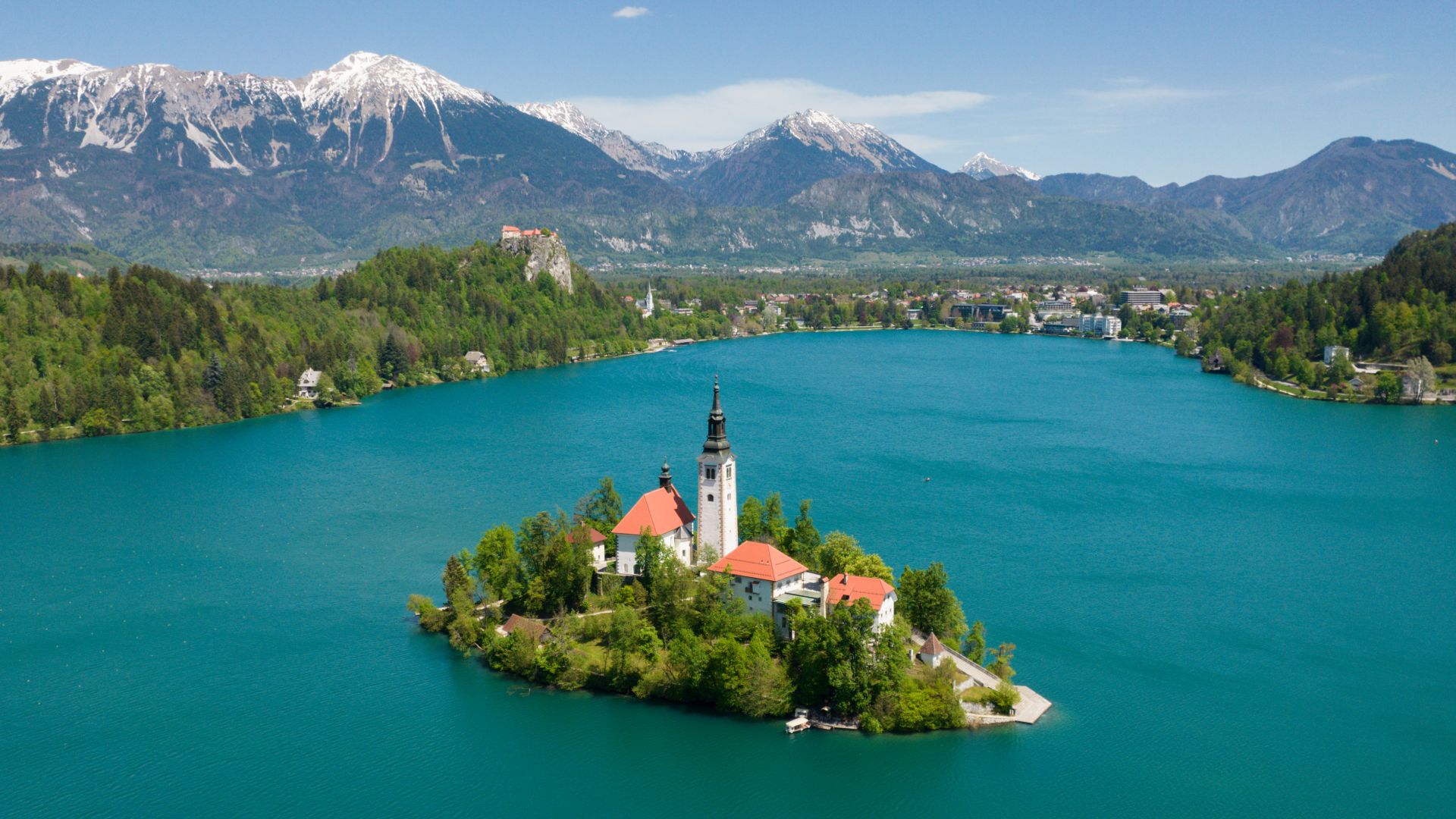 Arne Müseler, Wikimedia Commons
Arne Müseler, Wikimedia Commons
Netherlands
Between the rainbow-hued tulip fields and stately windmills that paint the Dutch terrain, and the UNESCO-protected canals winding through Amsterdam, tourism has flourished—perhaps too well. Now the Netherlands is restoring balance through cruise ship limits and thoughtful visitor guidelines.
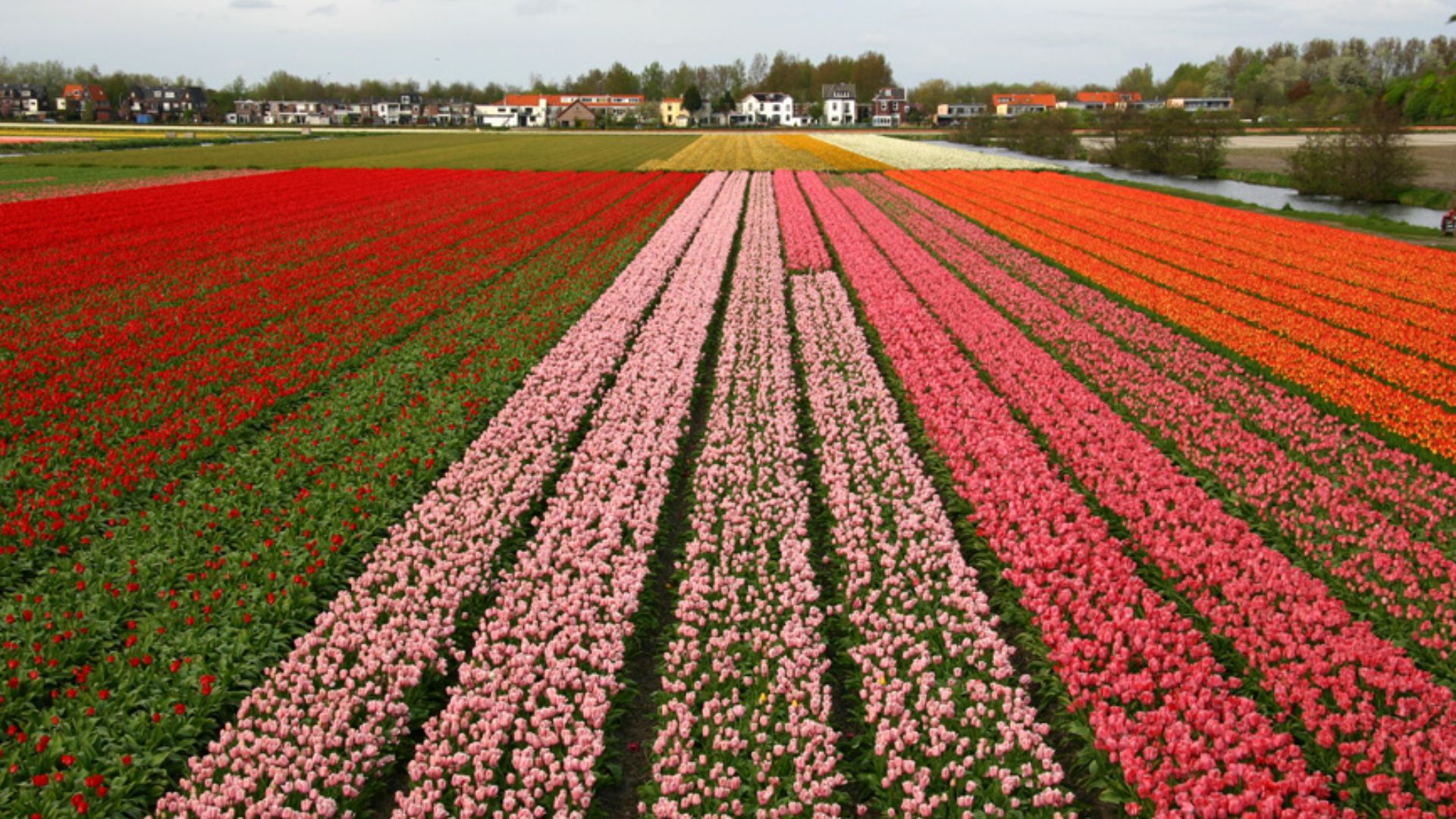 Alessandro Vecchi, Wikimedia Commons
Alessandro Vecchi, Wikimedia Commons
Thailand
As Thailand's magnetic combination of pristine beaches and vibrant street food culture continues to attract global visitors, this tourism success has sparked environmental and social challenges. In response, authorities are implementing visitor caps at Maya Bay and sacred sites while developing broader rules to safeguard local communities.
France
As overtourism strains popular destinations like Cannes, famous for its glittering film festival, France isn't just watching from the wings. The country is tackling these challenges head-on, even rolling out measures like cruise ship restrictions.
 Jennifer 8. Lee, Wikimedia Commons
Jennifer 8. Lee, Wikimedia Commons
Indonesia
Stretching across a vast archipelago of countless islands, Indonesia presents a scientific marvel of biodiversity. It is home to the world's largest lizards, the Komodo dragons. And it’s also the center of Bali's premier surfing zones and meditative yoga sanctuaries. Recent environmental regulations aim to preserve these natural treasures.
 Alex Victor alexvictor, Wikimedia Commons
Alex Victor alexvictor, Wikimedia Commons
Japan
As the planet's largest metropolitan hub, Tokyo anchors Japan's evolving tourism market, where fresh regulations are reshaping visitor experiences nationwide. The new playbook includes mandatory bookings at popular destinations and strict capacity controls, even at locations like Mount Fuji.
Bhutan
Visitors to Bhutan quickly discover they can't simply book a flight and arrive because strict tourist limits and mandatory licensed tour operators await them. These barriers reflect something deeper: a nation that measures success not by GDP, but through Gross National Happiness, protecting its cultural and environmental treasures.
Nepal
Nepal, framed by the Himalayas, is taking bold steps to protect its natural treasures from overtourism. After weathering political protests and temporary closures, the country now welcomes visitors with stricter Mount Everest access limits and enhanced trekking regulations aimed at promoting sustainable and responsible tourism.
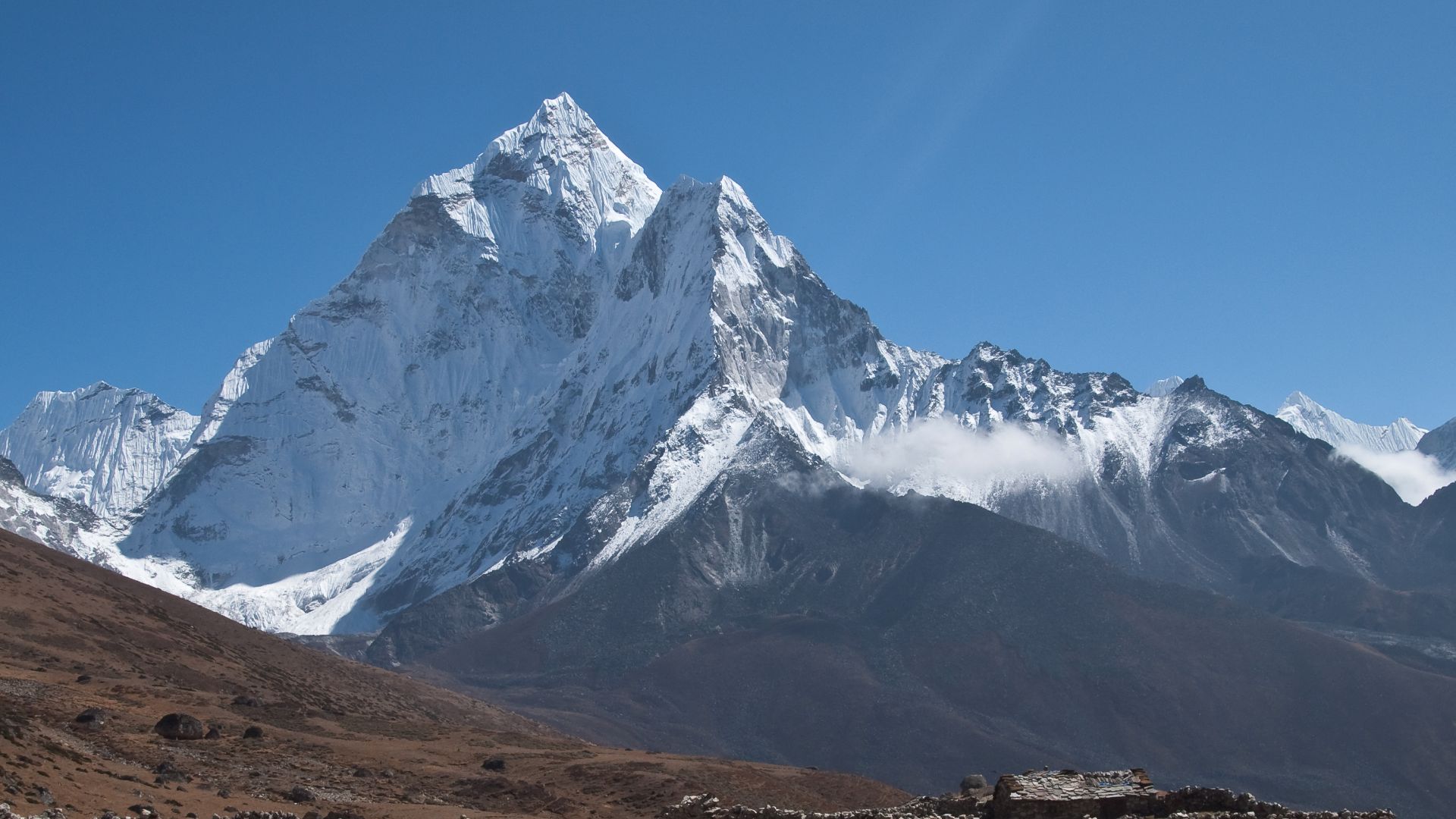 Vyacheslav Argenberg, Wikimedia Commons
Vyacheslav Argenberg, Wikimedia Commons
Vietnam
Anchored by Tet, Vietnam's most significant cultural celebration, the nation is dealing with a delicate balance between heritage preservation and tourism growth. While expanding visa exemptions welcomes more visitors to UNESCO treasures like Ha Long Bay, new regulations on vapes and drones reflect increasing oversight of tourism impacts.
Philippines
Gone are the days of carefree island-hopping in the Philippines, as the country steadily shifts toward managed tourism. Digital visas and health protocols are leading the changes; new regional limits are also emerging, particularly around popular beaches and natural attractions.
Australia
Surging tourism has placed mounting pressure on Australia's natural treasures, including the world's largest coral reef system. In response, the nation is strengthening its renowned biosecurity protocols by implementing stricter visa requirements and developing new tourism management rules to safeguard its ecological heritage.
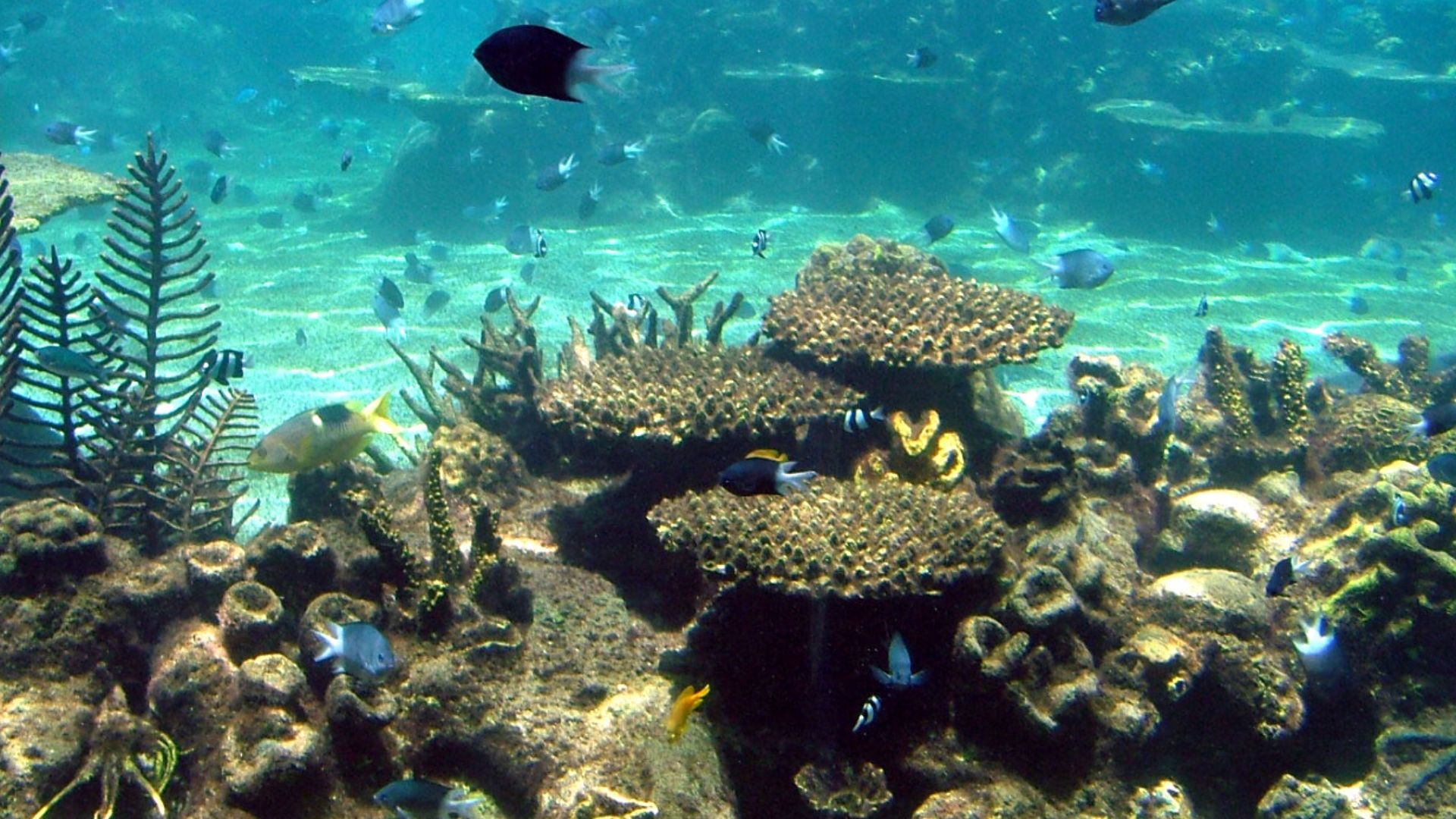 Kzrulzuall., Wikimedia Commons
Kzrulzuall., Wikimedia Commons
New Zealand
In a country where woolly residents still outnumber humans, New Zealand's delicate natural balance requires careful stewardship. Building on its reputation for strict conservation, the nation that gave us Middle-earth's cinematic magic is now rolling out fresh tourism rules to protect its breathtaking scenery.
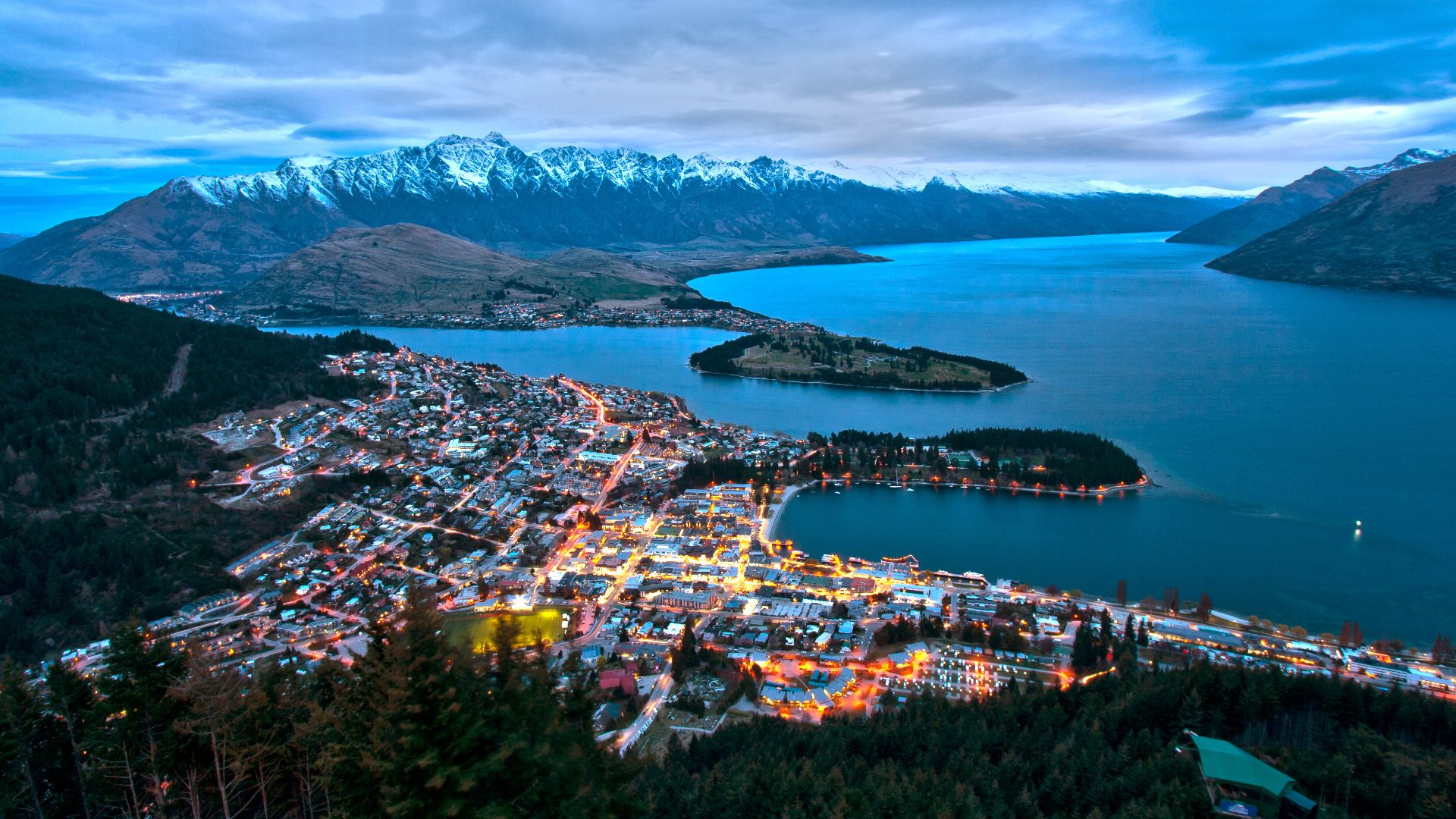 Lawrence Murray from Perth, Australia, Wikimedia Commons
Lawrence Murray from Perth, Australia, Wikimedia Commons
United States
Recent shifts in US border policies have created a layered system of restrictions: broad international travel bans affecting specific nations and heightened visa scrutiny. This tightening extends domestically, where foreign tourists now face increased national park fees and must work with strict reservation requirements at popular landmarks.
Canada
Protecting Canada's delicate ecosystems has become a national priority, prompting new measures to balance tourism with conservation. And it applies to all, from Niagara Falls to remote parks, fresh reservation systems, and visitor guidelines are reshaping access to ensure natural wonders and local communities thrive amid increasing tourist interest.
 Mhsheikholeslami, Wikimedia Commons
Mhsheikholeslami, Wikimedia Commons
Mexico
While Mexico's archaeological zones have long operated under rigid protection measures, the nation now grapples with a new preservation puzzle as visitors flood its heritage sites. At the Aztec ruins beneath Mexico City and popular cultural destinations nationwide, officials are implementing fresh restrictions to safeguard these treasures.
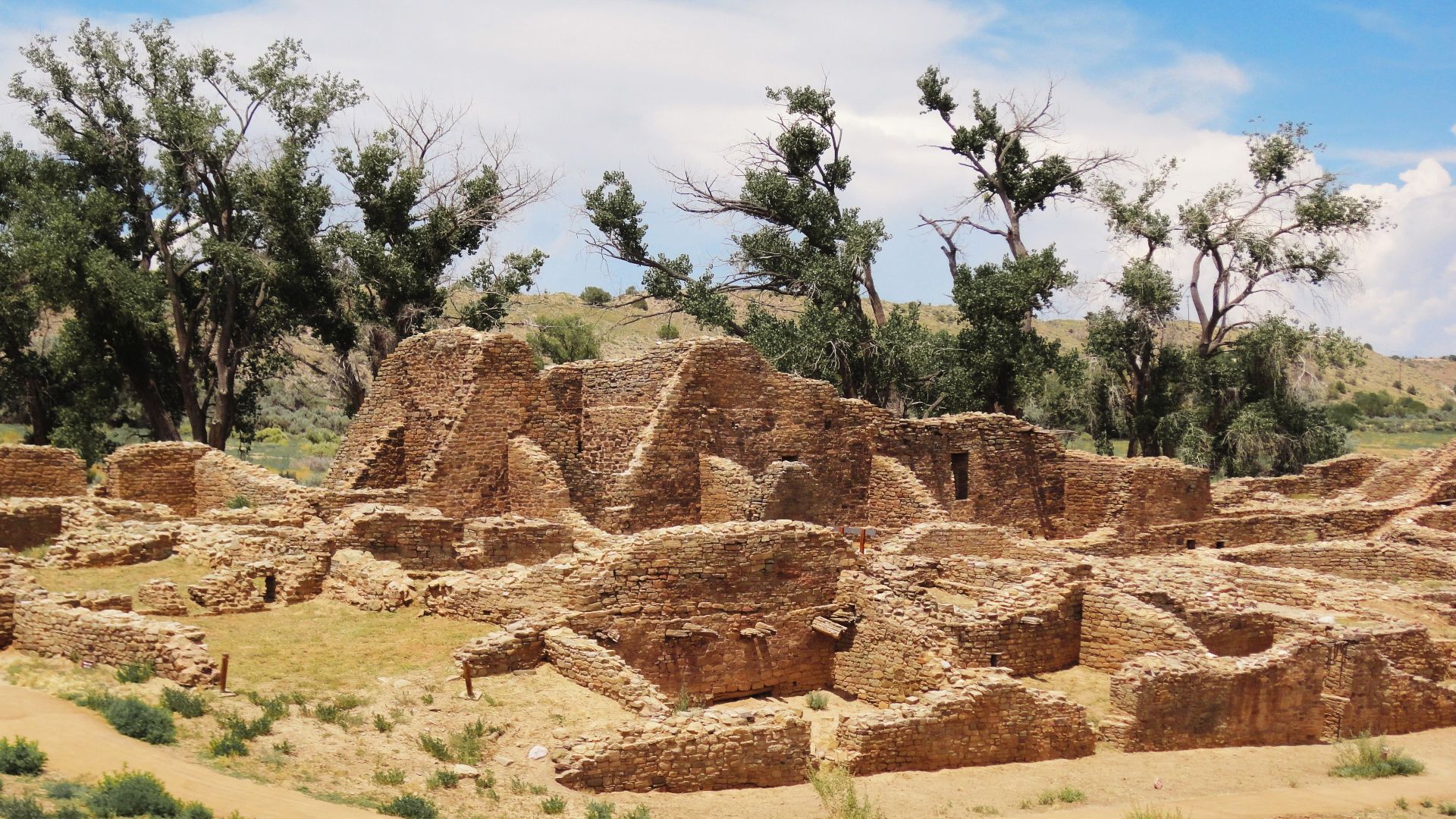 Rationalobserver, Wikimedia Commons
Rationalobserver, Wikimedia Commons
Peru
Machu Picchu, being one of the New Seven Wonders, is facing mounting tourism pressures, and this prompted Peru to implement new protective regulations, adding to its already strict archaeological site rules. This preservation mindset extends across Peru's diverse terrain, where even the Andean condor soars freely.
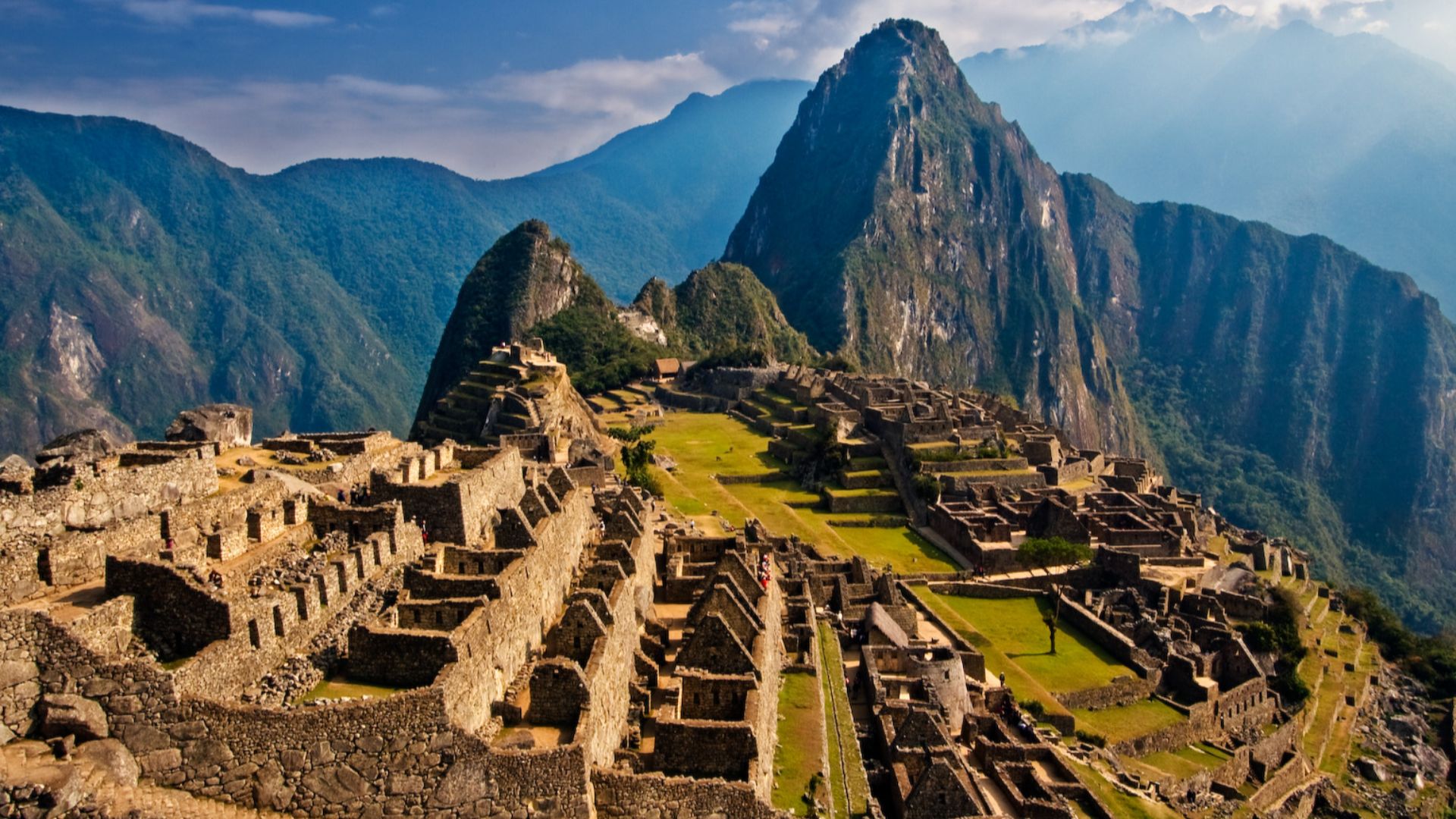 Pedro Szekely at https://www.flickr.com/photos/pedrosz/, Wikimedia Commons
Pedro Szekely at https://www.flickr.com/photos/pedrosz/, Wikimedia Commons
Chile
Did you know the world's driest place lies in Chile's Atacama Desert? This epic destination shares a country with Easter Island's mysterious Moai statues. Strict new adventure tourism protocols, along with a protected Patagonian wilderness, showcase Chile's next-level commitment to responsible exploration.
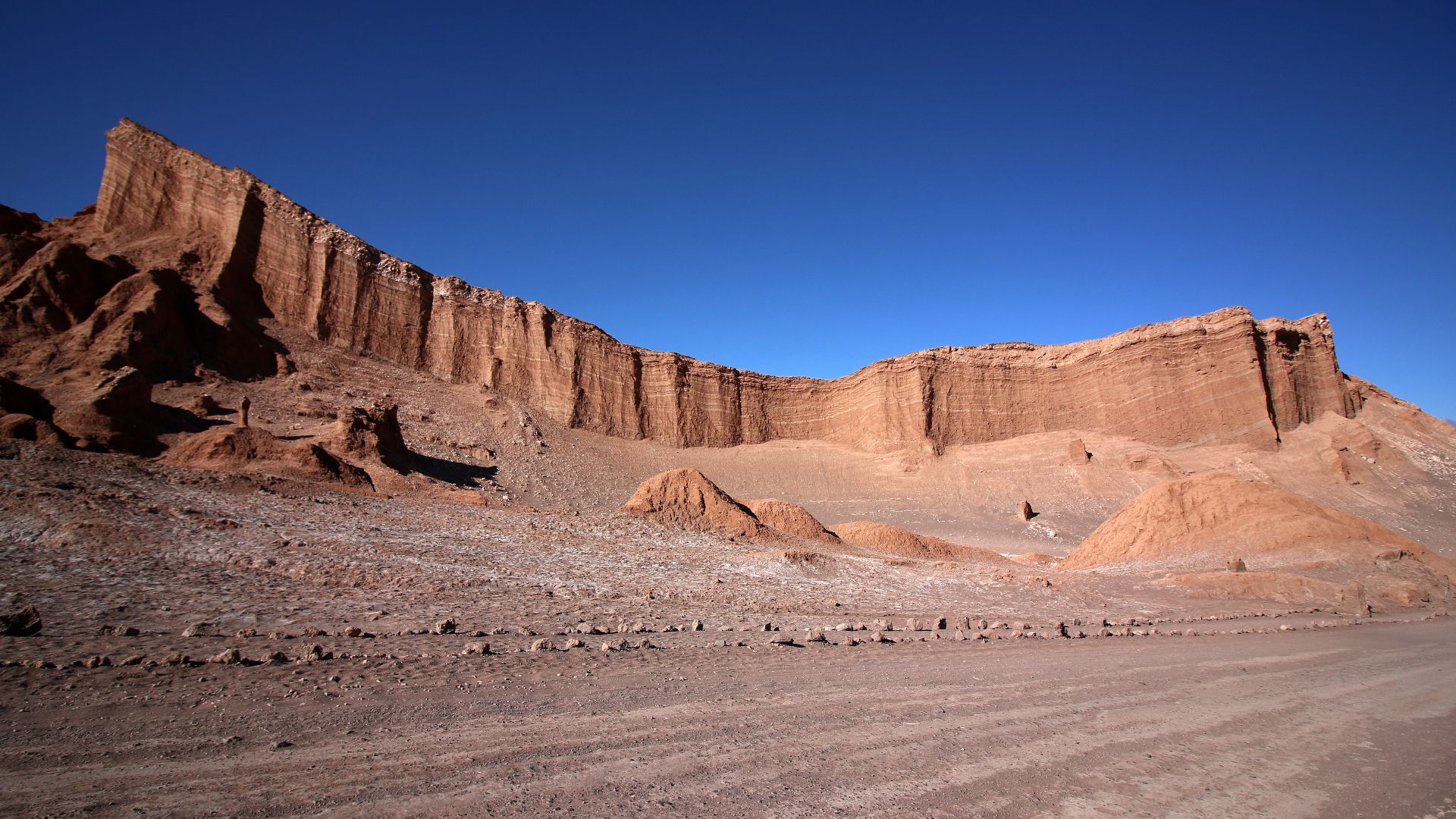 Marcus Dall Col marcusdallcol, Wikimedia Commons
Marcus Dall Col marcusdallcol, Wikimedia Commons
Kenya
For tourists eyeing Kenya's famed Maasai Mara, stricter park access and revised fees signal mounting hurdles, and conservation authorities welcome these tools to protect strained habitats. Local economies must now balance peak-season restrictions against the vital revenue that wildlife tourism generates.
Tanzania
Tanzania's twin treasures, the towering Mount Kilimanjaro and the exotic Zanzibar archipelago, anchor a nation taking decisive conservation action. Building on its reputation for stringent park regulations, the country is implementing new anti-overtourism measures to safeguard these irreplaceable natural wonders.


